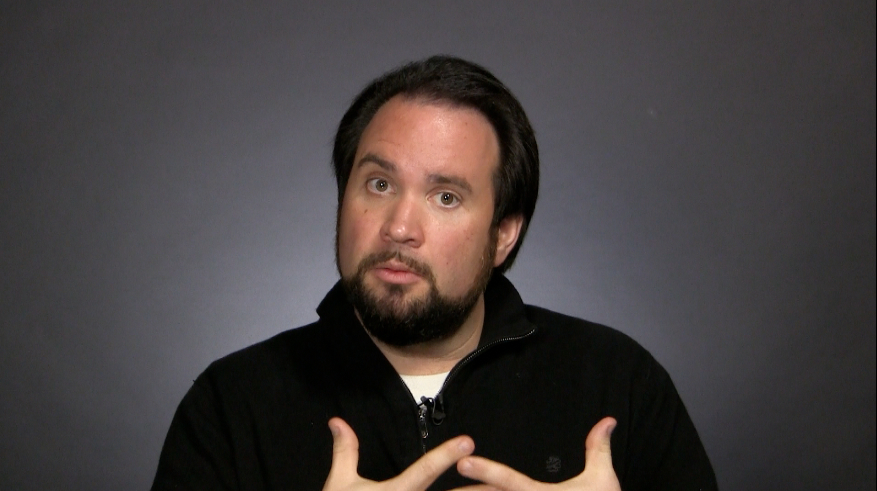
Dr. Charles Camosy on Current Trends in Bioethics
To say the least, bioethics is controversial. Many in the mainstream movement reject the sanctity and equal dignity of human life around issues such as abortion, assisted suicide, and biotechnology. But there is a robust pushback against such approaches—a human dignity bioethics, if you will—that promotes medical ethics and public health policies that align with the “do no harm” ethic of the Hippocratic Oath. The differences in these approaches impact our very understanding about the meaning and importance of human life. How do these distinctions play are among the most important and contentious controversies of the day. To get a handle on the current bioethics landscape, Wesley interviewed one of the most impressive and energetic defenders of human exceptionalism in bioethics today. Charles C. Camosy, Ph.D, is a Professor of Medical Humanities at the Creighton University School of Medicine and holds the Monsignor Curran Fellowship in Moral Theology at St. Joseph Seminary in New York. Before that, he spent 14 years in Fordham University’s theology department. Among other places, his articles have appeared in the American Journal of Bioethics, Journal of Medicine and Philosophy, Journal of the Catholic Health Association, New York Times, Washington Post, New York Daily News and America magazine. He has monthly columns with Religion News Service and Angelus, writes a bimonthly feature piece for The Pillar, and does regular Q&As for OSV News. He is the author of eight books with two on the way. Peter Singer and Christian Ethics (Cambridge) was named a 2012 “best book” with ABC Religion and Ethics; Beyond the Abortion Wars (Eerdmans), was a 2015 award-winner with the Catholic Media Association; Resisting Throwaway Culture (New City) was named 2020 “Resource of the Year” by the Catholic Publishers Association. He also penned Losing Our Dignity: How Secularized Medicine is Undermining Fundamental Human Equality. Dr. Camosy is also the founding editor of a new book series with New City Press called The Magenta Project. In addition to advising the pro-life commission of the Archdiocese of New York and receiving the 2018 St. Jerome Award for scholarly excellence from the Catholic Library Association. Camosy is a proud knight of the St. Peter Claver Society. He and his wife Paulyn have four children, three of whom they adopted from a Filipino orphanage in June of 2016. Losing Our Dignity: How Secularized Medicine is Undermining Fundamental Human Equality One Church: How to Rekindle Trust, Negotiate Difference, and Reclaim Catholic Unity: Camosy, Charles C.: 9781646801527: Amazon.com: Books For Love of Animals: Christian Ethics, Consistent Action: Camosy, Charles C.: 9781616366629: Amazon.com: Books https://www.newsweek.com/vulnerable-groups-deserve-protectionthat-includes-embryos-opinion-1873531 https://www.newsweek.com/pro-life-movement-needs-fundamentally-new-approach-opinion-1859885 https://www.pillarcatholic.com/p/brain-death-at-a-crossroads